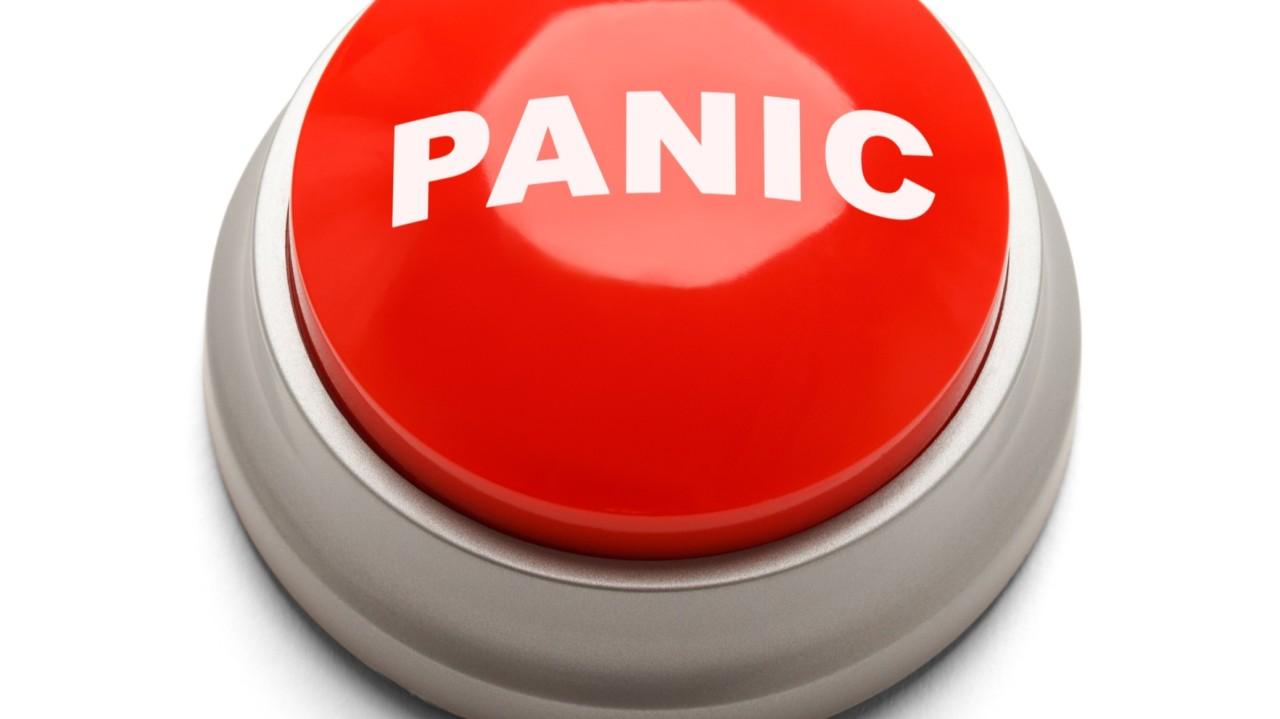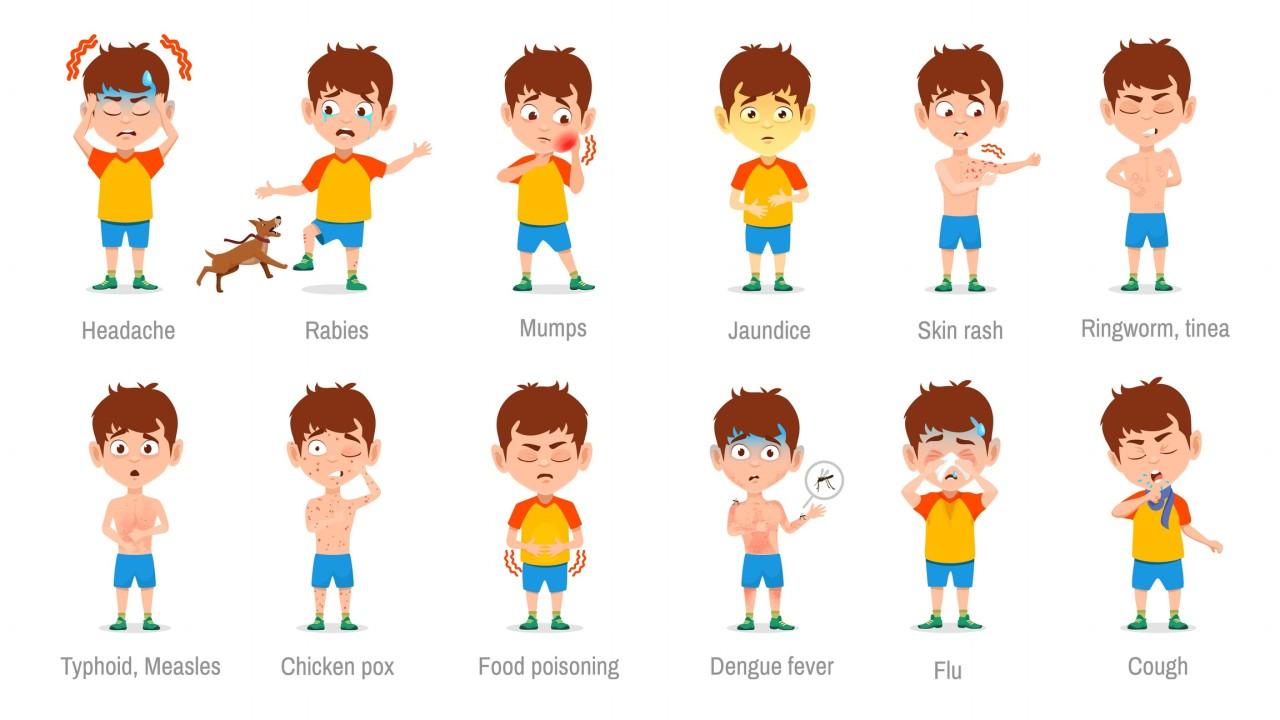“Class of 2026,” said the commanding officer to West Point’s senior class, gathered for Branch Night. “Some of you will be blessed with the right decision,” he said, booming over the loudspeaker. The cadets went wild. “But some of you, well…” The hall erupted in laughter, uncomfortably, some groans, sick humor. Each of the 1,200 cadets held a sealed letter, within which was printed the branch they will serve in for the next 5 years of their young lives. Infantry, Field Artillery, Armor, Aviation, Signal, Intelligence, Cyber Warfare, many others. “Welcome to the Profession of Arms. Open your envelopes,” he instructed. The hall exploded, the air electric. “Cyber! I got Cyber!!!” screamed Liv, jumping, hugging those around her.
Overall: OpenAI declined to comment. Its Code Red memo had leaked to the WSJ. Google’s Gemini 3 performance had leapfrogged ChatGPT’s latest model. And Sam Altman naturally hit his red panic button. We all have one. Mine is reasonably well worn. Sundar Pichai has one on his desk too. He reportedly hit it exactly three years ago when faced with an existential threat; the release of ChatGPT. Better to panic and pivot than be boiled alive. Back then, Sundar shifted to a wartime footing, merging Google Brain and DeepMind, and recalling founders Larry Page and Sergey Brin to the office. It appears to have worked, at least for now. And this leaves Sam Altman in a position to continue scrounging for capital and talent, while competing with America’s mighty tech monopolies, which print money faster than Powell in a pandemic. Meta’s wartime CEO had never left. Zuckerberg reportedly plans to slash his Metaverse spending by 30% to further concentrate resources on winning the AI race. No one can quite articulate what winning this race means. But everyone who has already gone all-in on AI knows that losing isn’t an option. So, the competition grows ever more intense. It’s worth reflecting on the fact that never in history has something like this happened. The mightiest companies in the world’s biggest economy, are no longer simply milking their monopolies. They’re leveraging the world’s greatest intellectual tech talent and an unprecedented sum of capital expenditure in a race into the unknown, with no guardrails, no airbags, no guarantees. And this is happening with the Fed’s Quantitative Tightening ended as of December 1st. With US money market funds hitting $8 trillion for the first time ever. With fiscal expansion on the way in 2026. Massive Q1 US tax refunds. With the stock market hovering just below record highs. As the world’s greatest savers, the Japanese, watch their bond yields soar, their yield curve steepen dramatically. With just 17 trading days left in 2025.
For Week-in-Review and Weekly & Year-to-Date market data, scroll to the bottom.
Face Value: “What are America’s core foreign policy interests? What do we want in and from the world?” wrote the authors of the newly released ‘National Security Strategy (NSS) of the United States of America.’ The NSS is the kind of report I like to read. Because sometimes, policy people tell you what they’re thinking. It’s helpful to take it at face value, incorporating it into your mental model. “We want to ensure that the Western Hemisphere remains reasonably stable and well-governed enough to prevent and discourage mass migration to the United States.”
Face Value II: “We want a Hemisphere whose governments cooperate with us against narco-terrorists, cartels, and other transnational criminal organizations,” continued the NSS. The USS Gerald R. Ford, off the coast of Venezuela, its oil, China watching. “We want a Hemisphere that remains free of hostile foreign incursion or ownership of key assets, and that supports critical supply chains; and we want to ensure our continued access to key strategic locations. In other words, we will assert and enforce a “Trump Corollary” to the Monroe Doctrine.”
Face Value III: “We want to halt and reverse the ongoing damage that foreign actors inflict on the American economy while keeping the Indo-Pacific free and open, preserving freedom of navigation in all crucial sea lanes, and maintaining secure and reliable supply chains and access to critical materials; We want to support our allies in preserving the freedom and security of Europe, while restoring Europe’s civilizational self-confidence and Western Identity.” The report savaged Europe, its over-regulation, stagnant economy, immigration policies, free speech limits.
Face Value IV: “We want to prevent an adversarial power from dominating the Middle East, its oil and gas supplies, and the chokepoints through which they pass while avoiding the “forever wars” that bogged us down in that region at great cost; and we want to ensure that U.S. technology and U.S. standards—particularly in AI, biotech, and quantum computing—drive the world forward. These are the United States’ core, vital national interests. While we also have others, these are the interests we must focus on above all others, and that we ignore or neglect at our peril.” I expect US spending/support to start looking more Beijing-like in these areas.
Face Value V: “The US must at the same time invest in research to preserve and advance our advantage in cutting-edge military and dual-use technology, with emphasis on the domains where U.S. advantages are strongest. These include undersea, space, and nuclear, as well as others that will decide the future of military power, such as AI, quantum computing, and autonomous systems, plus the energy necessary to fuel these domains.” The NSS report reads like a cold war playbook. Deploy capital and invest accordingly.
Face Value VI: “Additionally, the U.S. Government’s critical relationships with the American private sector help maintain surveillance of persistent threats to U.S. networks, including critical infrastructure. This in turn enables the U.S. Government’s ability to conduct real-time discovery, attribution, and response (i.e., network defense and offensive cyber operations) while protecting the competitiveness of the U.S. economy and bolstering the resilience of the American technology sector. Improving these capabilities will also require considerable deregulation to further improve our competitiveness, spur innovation, and increase access to America’s natural resources.”
Anecdote: “After the end of the Cold War, American foreign policy elites convinced themselves that permanent American domination of the entire world was in the best interests of our country,” wrote the authors of the ‘National Security Strategy of the United States of America,’ released this week, signed by the President [here], who is not yet one full-year into his term. What follows speaks for itself. “Yet the affairs of other countries are our concern only if their activities directly threaten our interests. Our elites badly miscalculated America’s willingness to shoulder forever global burdens to which the American people saw no connection to the national interest. They overestimated America’s ability to fund, simultaneously, a massive welfare regulatory-administrative state alongside a massive military, diplomatic, intelligence, and foreign aid complex. They placed hugely misguided and destructive bets on globalism and so-called “free trade” that hollowed out the very middle class and industrial base on which American economic and military preeminence depend. They allowed allies and partners to offload the cost of their defense onto the American people, and sometimes to suck us into conflicts and controversies central to their interests but peripheral or irrelevant to our own. And they lashed American policy to a network of international institutions, some of which are driven by outright anti-Americanism and many by a transnationalism that explicitly seeks to dissolve individual state sovereignty. In sum, not only did our elites pursue a fundamentally undesirable and impossible goal, in doing so they undermined the very means necessary to achieve that goal: the character of our nation upon which its power, wealth, and decency were built.”
Good luck out there,
Eric Peters
Chief Investment Officer
One River Asset Management
Week-in-Review: Mon: US ISM mfg 48.2 (49.0e). UK mortgage approvals 65.0k (64.5k e). Turkey GDP 3.7% (4.2%e). South Korea CPI 2.4% (2.3%e). India IP 0.4% (2.5%e). Almost $1bn of leveraged crypto positions were liquidated. Warner Bro’s fielded a second round of bids from Netflix, Paramount, and Comcast in an auction that could wrap up in the coming days. S&P -0.5%. Tue: Eurozone unemp rate 6.4% (6.3%e), Eurozone CPI est 2.2% (2.1%e) / Core 2.4% as exp. Brazil IP -0.5% (0.2%e). South Africa GDP 2.1% (1.8%e). South Korea GDP 1.8% (1.7%e). Australia GDP 2.1% (2.2%e). Amazon rushes out latest AI chip to take on Nvidia and Google. Silver neared a record high as traders bet on further monetary easing and supply tightness as gold slipped. S&P +0.3%. Wed: US ADP emp change -32k (10k e). Russia emp rate 2.2% (2.3%e). Turkey CPI 31.07% (31.60%e). Poland Base Rate unch 4.0% as exp. Taiwan President Lai Cheng-te warned China is stepping up military intimidating, with Lutnick saying that the US is expecting an investment pledge of $300bn from the island. Nvidia scores lobbying win as Congress rejects chip export bill that would have limited Nvidia’s ability to sell advanced AI chips to China and other nations. S&P +0.3%. Thu: US init jobless claims 191k (220k e), cont claims 1939k (1963k e), factory orders 0.2% (0.3%e). Brazil GDP 1.80% (1.75%e). Ukrainian and US negotiators will meet for a new round of talks in Florida after Putin signaled that a peace deal was a long way off. US Supreme Court clears Texas to use a new Republican-drawn congressional map for next year’s election. S&P +0.1%. Fri: US UMich sent 53.3 (52.0e). Canada unemp rate 6.5% (7.0%e). Taiwan CPI 1.23% (1.50%e). Netflix to acquire Warner Bro’s in historic $72bn deal. US Supreme Court to review Trump’s planned rollback of automatic birthright citizenship. Brazilian markets slumped following former President Bolsonaro’s endorsement of one of his sons for presidential elections in October. S&P +0.2%.
Weekly Close: S&P 500 +0.3% and VIX -0.94 at +15.41. Nikkei +0.5%, Shanghai +0.4%, Euro Stoxx +0.4%, Bovespa -1.1%, MSCI World +0.5%, MSCI Emerging +1.4%, Bitcoin -1.8%, and Ethereum -0.6%. USD rose +2.2% vs Brazil, +0.6% vs India, and +0.1% vs Turkey. USD fell -1.4% vs Australia, -1.3% vs Russia, -1.1% vs Canada, -1.0% vs South Africa, -0.7% vs Sterling, -0.7% vs Mexico, -0.5% vs Yen, -0.5% vs Sweden, -0.5% vs Chile, -0.4% vs Euro, -0.1% vs Indonesia, and flat vs China. Gold -0.3%, Silver +3.3%, Oil +2.6%, Copper +3.6%, Iron Ore -3.2%, Corn -0.7%. 10yr Inflation Breakevens (EU +1bp at 1.78%, US +4bps at 2.27%, JP +7bps at 1.75%, and UK +2bps at 3.00%). 2yr Notes +7bps at 3.56% and 10yr Notes +12bps at 4.14%.
Manufacturing PMI (high-to-low): India 56.6 (previous month 59.2), Sweden 54.6 (previous month 55), Vietnam 53.8 (previous 54.5), Hungary 53.4/51.2, Indonesia 53.3/51.2, Norway 53.03/48.2, Hong Kong 52.9/51.2, Greece 52.7/53.5, Netherlands 51.8/51.8, Spain 51.5/52.1, Italy 50.6/49.9, Austria 50.4/48.8, UK 50.2/49.7, Singapore 50.2/50, China 49.9/50.6, Switzerland 49.7/48.2, South Korea 49.4/49.4, Poland 49.1/48.8, South Africa 49/48.8, Taiwan 48.8/47.7, Brazil 48.8/48.2, Japan 48.7/48.2, Canada 48.4/49.6, Russia 48.3/48, US 48.2/48.7, Germany 48.2/49.6, Czech Republic 48/47.2, Turkey 48/46.5, France 47.8/48.8, Mexico 47.3/49.5. Services PMI: India 59.8/58.9, Sweden 59.1/55.9, Ireland 58.5/56.7, Spain 55.6/56.6, Italy 55/54, US 54.1/54.8, Japan 53.2/53.1, Germany 53.1/54.6, Australia 52.8/52.5, Russia 52.2/51.7, China 52.1/52.6, France 51.4/48, UK 51.3/52.3, Brazil 50.1/47.7.
2025 Year-to-Date Equity Index Returns: Colombia +75.6% priced in US dollars (+53.1% priced in pesos), Korea +70.9% priced in US dollars (+70.9% priced in won), Czech Republic +67.2% priced in dollars (+43.6% in koruna), Hungary +65.6% in dollars (+37.3% in forint), Israel +63.8% (+45.7%), Chile +63.8% (+52.3%), Spain +61.9% (+43.9%), Greece +61.1% (+43.2%), Poland +56.4% (+38.2%), Austria +55.4% (+38.7%), South Africa +55.1% (+39%), Brazil +49.2% (+30.8%), Ireland +46.9% (+30.6%), Mexico +46.9% (+28%), Portugal +45.5% (+29.3%), Italy +42.3% (+27%), Finland +40.9% (+25.8%), Germany +35.2% (+20.7%), Sweden +33.4% (+13.8%), Vietnam +32.9% (+37.5%), Belgium +32.7% (+17.9%), Canada +31.7% (+26.6%), Euro Stoxx 50 +31.5% (+16.9%), Norway +31.1% (+16.3%), HK +29.7% (+30%), Japan +28.1% (+26.6%), Taiwan +27.5% (+21.5%), Singapore +26.2% (+19.6%), UK +26% (+18.3%), Switzerland +25.4% (+11.5%), France +23.7% (+9.9%), NASDAQ +22.1%, Netherlands +21.3% (+7.8%), China +20.2% (+16.4%), MSCI World +19.2% in US dollars, Indonesia +18.3% (+21.9%), S&P 500 +16.8%, Australia +13.6% (+5.8%), Russell +13.1%, Malaysia +7.1% (-1.6%), New Zealand +6.2% (+2.8%), UAE +5.7% (+5.6%), India +5.3% (+10.7%), Thailand -2.7% (-9%), Turkey -6.8% (+12%), Philippines -10.5% (-8.9%), Saudi Arabia -11.6% (-11.7%), Argentina -13.6% (+20.2%), Denmark -17.5% (-26.2%).
Disclaimer: All characters and events contained herein are entirely fictional. Even those things that appear based on real people and actual events are products of the author’s imagination. Any similarity is merely coincidental. The numbers are unreliable. The statistics too. Consequently, this message does not contain any investment recommendation, advice, or solicitation of any sort for any product, fund or service. The views expressed are strictly those of the author, even if often times they are not actually views held by the author, or directly contradict those views genuinely held by the author. And the views may certainly differ from those of any firm or person that the author may advise, converse with, or otherwise be associated with. Lastly, any inappropriate language, innuendo or dark humor contained herein is not specifically intended to offend the reader. And besides, nothing could possibly be more offensive than the real-life actions of the inept policy makers, corrupt elected leaders and short, paranoid dictators who infest our little planet. Yet we suffer their indignities every day. Oh yeah, past performance is not indicative of future returns.





